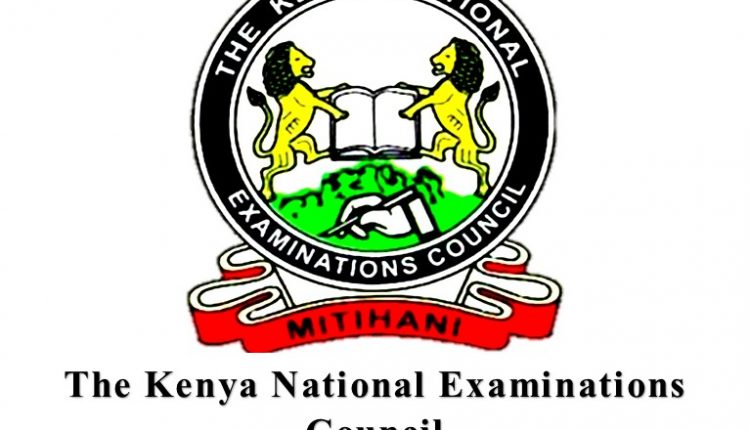KNEC Addresses Complaints Grade 4 Score Uploading Process
The Kenya National Examinations Council (KNEC) has responded following a myriad of complaints from both schools and teachers over the process of uploading Grade 4 scores.
Grade 4 learners did their Formative Assessments in the last term. KNEC then made the 2020 Grade 4 Age-based and Intermediate Level Stage-based assessment tools available by the 7th of March 2021 for schools to access and use.
Schools were given a deadline of the 19th of March 2021 to upload Grade 4 scores to the examiner’s online portal.
“Schools are therefore expected to download and administer the assessment tools; score; and upload the Grade 4 learner’s assessment scores on the KNEC Competency-Based Assessment portal cba.knec.ac.ke between the 8th and the 19th of March 2021,” said KNEC.
The assessment tools covered the following subjects:
Age-Based Curriculum (Regular) Pathway:
- Art and Craft
- Social Studies
- Christian Religious Education (CRE)
- Islamic Religious Education (IRE)
- Hindu Religious Education (HRE)
- Home Science; and
- Physical and Health Education
- Mathematics
- English
- Kiswahili
- Kenyan Sign Language
- Science and Technology
- Agriculture
- Music
Stage-based Curriculum Pathway
- Environmental activities
- Psychomotor activities
- Sensory motor integration
- Communication, social and literacy skills
- Daily living skills and religious education
- Numeracy activities
- Creative activities
KNEC had to extend the deadline for failing to receive significant feedback from schools because of poor servers.
“KNEC has confirmed that the grade 3 and 4 portals have mechanical problems and are making every effort to rectify the problem. The deadline given earlier for the uploading of assessment outcomes will be extended when the system is back. You can meanwhile be checking the system but do not be stressed,” said KNEC via their social media platforms.
On Tuesday, KNEC assured schools that its working to solve technical problems that make saving of Grade 4 scores a difficulty.
“We are aware of difficulties in saving Grade 4 scores especially Science and Agriculture. We are doing every effort to have the system work efficiently. Meanwhile, keep checking the system for changes,” KNEC responded to one school.
KNEC had instructed all Headteachers to keep all records generated from the assessment as evidence for use in quality assurance.
According to sources close to KNEC, Grade three pupils under the Competency Based Curriculum (CBC) will sit for a national examination at the end of the year before joining Grade Four.
The Kenya National Examinations Council (KNEC) acting CEO Dr. Mercy Karogo revealed that the national test would be done at the end of each tier of education in the 2-6-3-3-3 system. The CBC covers pre-primary and Grade One to Grade twelve.
“At the end of Grade 3 this year, learners will sit for their Kenya Early Years Assessment (KEYA) examination that will be administered in three assessments of English, Mathematics and Integrated Learning Areas, an assessment that integrates knowledge from different disciplines,” said the KNEC CEO.
For the assessment, Dr, Karogo said that the examiner had developed a Competency-Based Assessment Framework (CBAF).
“Learners will be assessed using a portfolio assessment for about two months. Portfolio is a purposeful collection of learners’ work that shows effort, progress and mastery of a specified learning outcome or competency. It provides evidence of progress and achievement or mastery.
“The ongoing education reforms call for a paradigm shift in the mode of instruction and consequently assessment, with emphasis on the use of key inquiry questions for each topic,” said Dr. Karogo.
The KNEC CEO revealed that learners will be engaged through critical thinking on issues instead of just recalling information.
“Apart from written tests, teachers can embrace the use of oral tests for language proficiency, observation schedules as learners engage in learning activities, the use of rubrics that give a qualitative description of what a learner is able to do, use of projects in a small way and use of portfolio assessment to gather evidence of learning over a given period of time,” said Dr. Karogo.



Comments are closed.